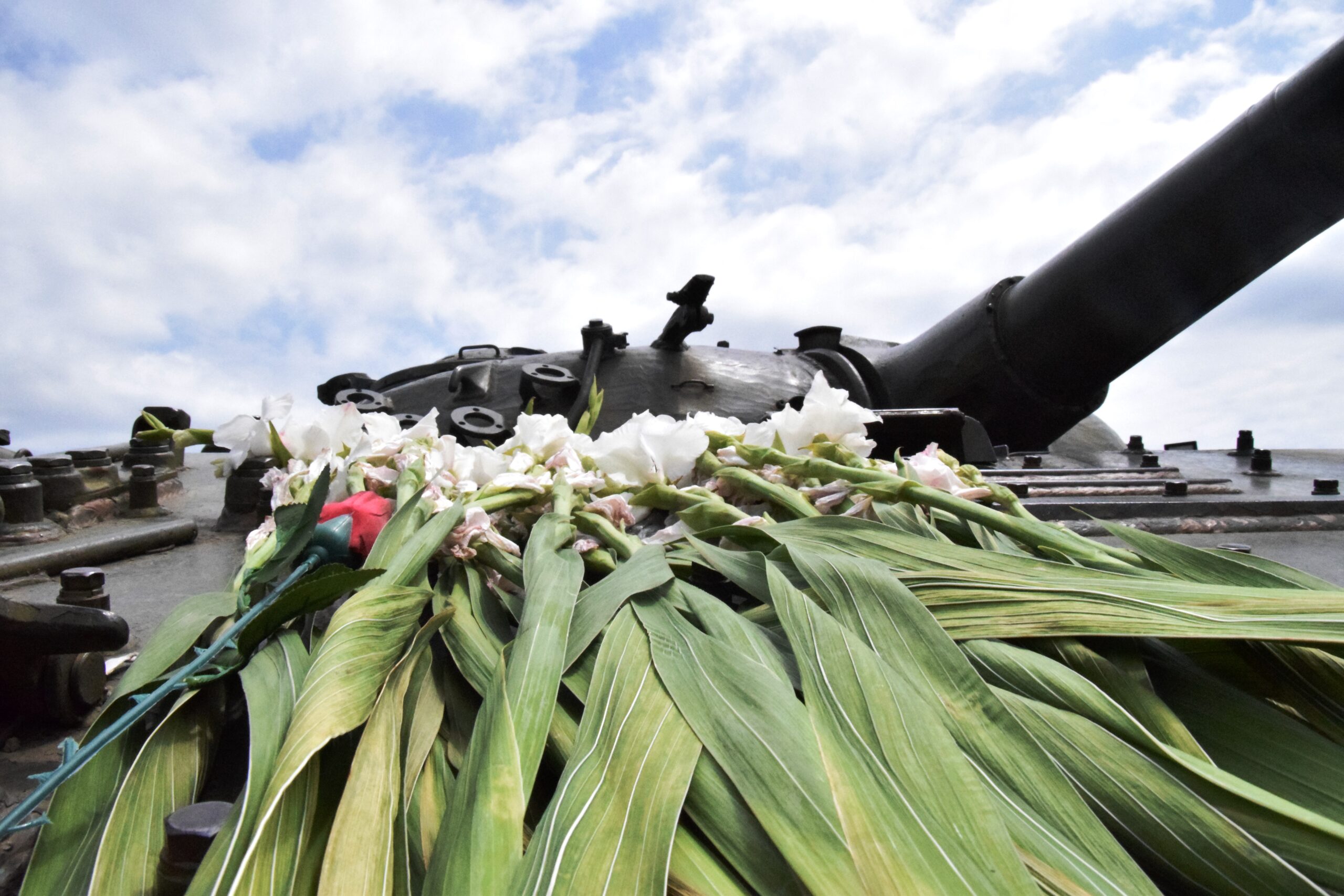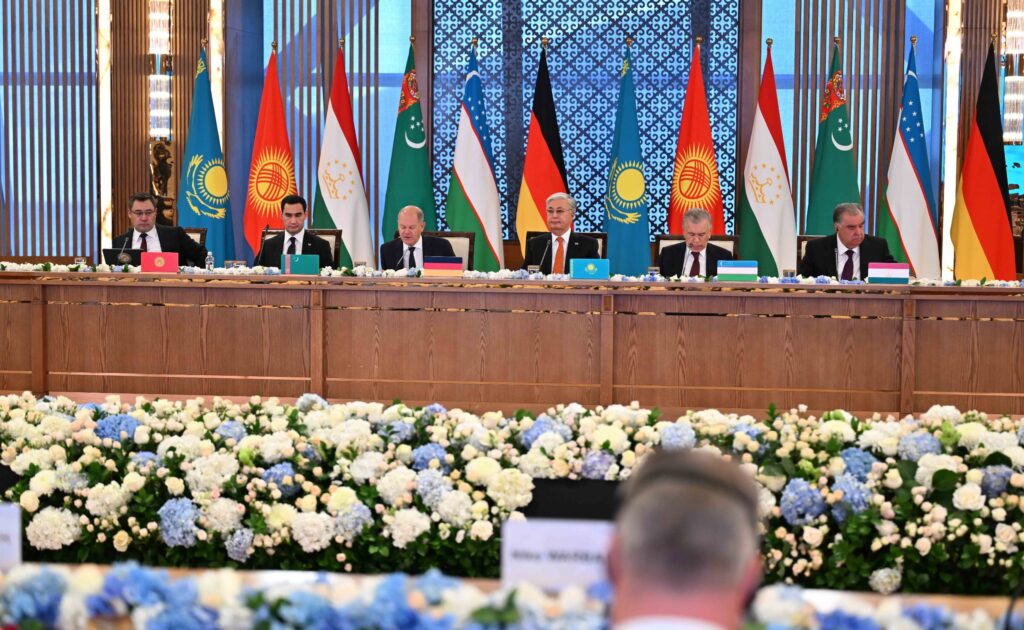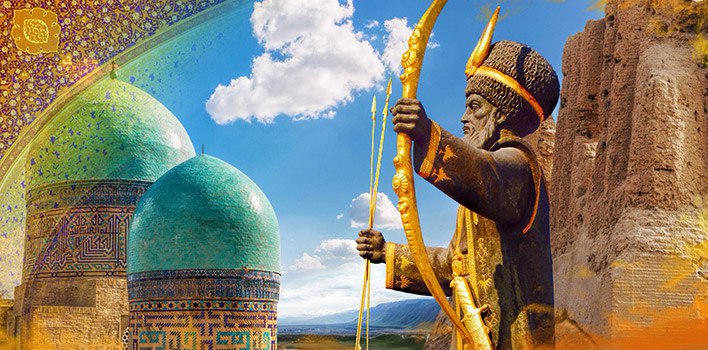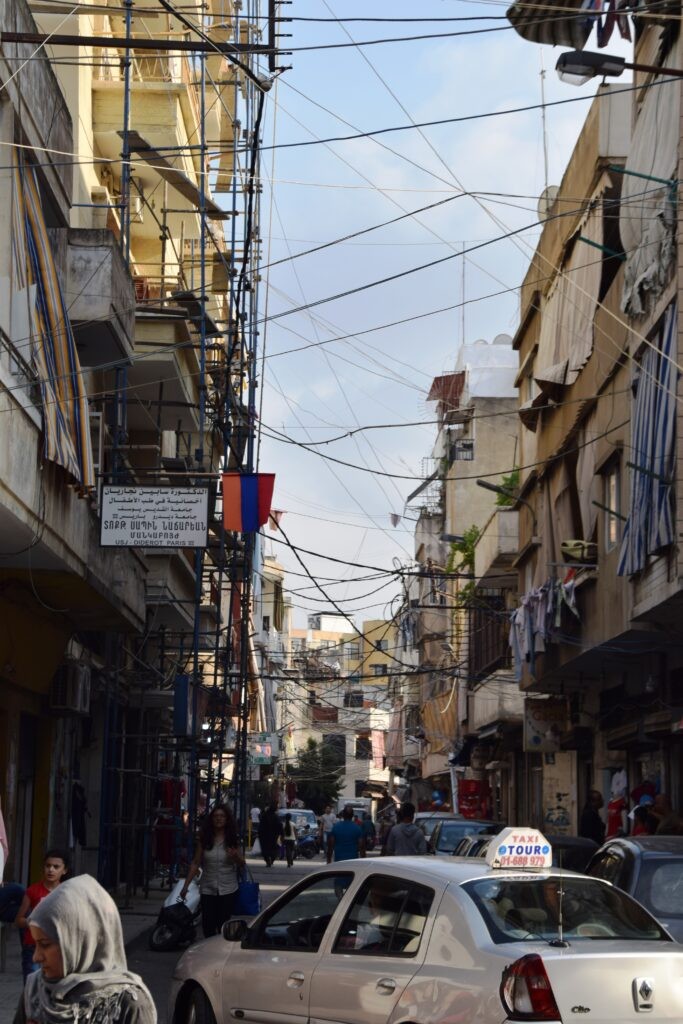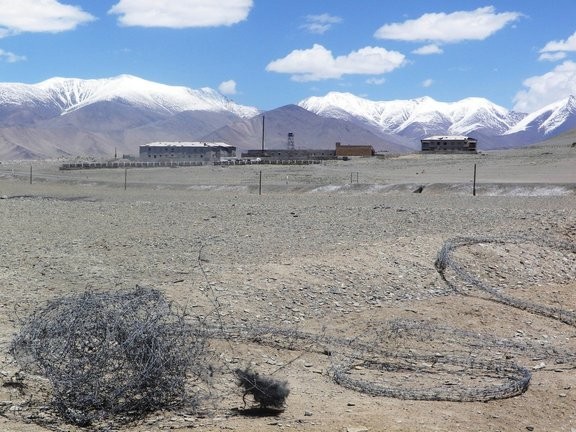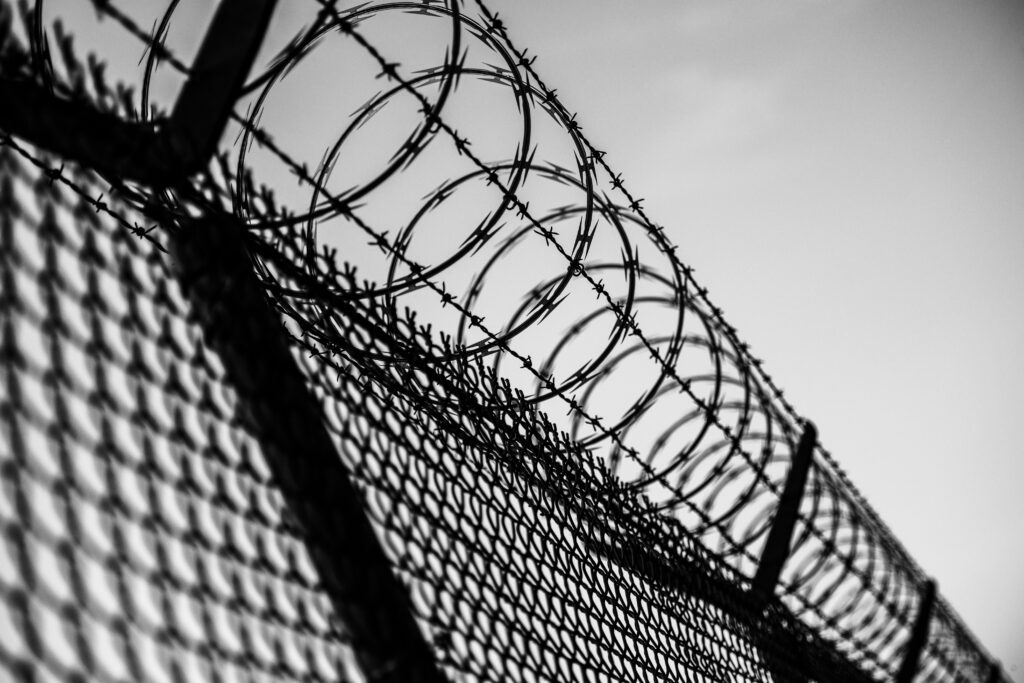In recent years the ability of diplomacy to ensure a stable world has been steadily declining, with the outbreak of more wars and international misunderstandings. The latest evidence of this trend is the conflict between Israel and Hamas, the war in Ukraine, as well as rising Iran-U.S. tensions. At the same time, ties between Iran and the countries of Central Asia have started to intensify. We spoke about this with Uran Usenov, a political analyst from Kyrgyzstan with extensive experience in international structures, including at the UN and the OSCE Special Monitoring Mission to Ukraine, where he worked between 2014 and 2022. Usenov is currently a Special Issues Consultant at the World Bank.
TCA: Recent years have seen an active expansion of relations between the countries of Central Asia and Iran. Is it dangerous or advantageous these days to have a friend who supports Palestine, and even attacks U.S. military targets?
UU: Indeed, Iran has recently intensified cooperation with Central Asian countries at a political level and even abolished visa requirements for some Central Asian countries. Such cooperation clearly carries political risks. Iran and the U.S. are basically in a cold war. And of course, any deepening of relations [with one side] will be regarded as taking a side in the conflict. In general, the countries of Central Asia have taken a cautious position in every [current] conflict. Regarding the conflict in Palestine, the Central Asian countries overall do not support Israel’s military operation. Iran is a large country in the region and an immediate neighbor of Central Asia – the issue of expanding cooperation is just a matter of time.
TCA: Could this draw Central Asia into the Israeli-Palestinian conflict, especially against the backdrop of last year’s call by Iranian President Ebrahim Raisi to Muslim countries to “arm Palestine?”
UU: I think this is an unlikely scenario. The countries of Central Asia generally support a multi-vector foreign policy. Despite Iran’s regional proximity, it is also important for Central Asian countries to maintain relations with the EU and the U.S., which are among the main contributors to the Central Asian economies.
TCA: We remember numerous stories of citizens of Central Asian countries, especially young people, joining ISIS in Syria, so it seems possible that at a certain stage in the Israeli-Palestinian conflict Central Asian people may again want to go and fight. How can this be prevented, or is it impossible?
UU: Of course, it is impossible to fully prevent citizens of Central Asia from fighting in any of these conflicts, especially the Palestinian-Israeli conflict. But I think this will not be widespread. In the criminal codes of Central Asian countries, there is an article against fighting as a mercenary, with real prison time for taking part in any unauthorized military conflict. Still, we understand that this rule will not stop certain people. At the state level, not enough educational and preventive work is carried out among young people, and this is a failure of state policy.
TCA: In the event of an escalation in one of the mentioned conflicts, is it possible that other “frozen” conflicts in the East will heat up? Syria, Afghanistan…
UU: Yes, there is such a risk. If you look at the Russia-Ukraine conflict, some “frozen” conflicts turned hot after it started. There is no direct connection, of course, but there are repercussions. There is probably some ideological link in all these conflicts. In fact, the world seems on the verge of World War III, and only the existence of nuclear weapons is holding back sides from starting it. There may be no winners if it breaks out.
TCA: Given this agenda in the information space, what needs to be done to prevent, even at a mental level, civil fragmentation on religious grounds?
UU: It’s a difficult question. I think there should be good government policy, especially for young people. The states of Central Asia must carry out the relevant educational and preventive work among young people. If young people are well-raised and educated, then I think [the problem of] their getting involved in dubious conflicts will disappear by itself. Of course, this requires resources and political will.
TCA: How do you see all these events playing out? What, in your view, is missing in the world today to stop such conflicts from occurring, or are they inevitable?
UU: Unfortunately, conflicts do not arise out of nowhere. They have deep roots. It often happens that the sides do not aim to resolve the problem peacefully and, because of this, the conflict turns hot. To resolve a conflict, you need good will and a real desire to resolve the problem. I hope prudence will prevail in addressing international problems. It is difficult to make predictions, but it seems that the current conflicts will not be resolved in the near term. The overall situation in the world is very challenging. It would be a major achievement if the current conflicts did not expand. As they say, a bad peace is better than a good war.

Uran Usenov is a political analyst and a Special Issues Consultant at the World Bank
